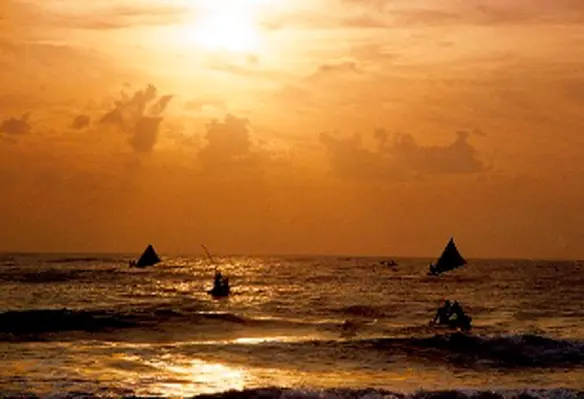The Global Environment Facility (GEF) has approved US$15mn grant to assist continued management of the large marine ecosystem in the Bay of Bengal, aiming to sustain ecosystem services in the region
The goal is to help safeguard ecosystem services that are estimated to be worth around US$240bn over the next 25 years and reinforce nutrition and livelihoods for the people.
Transboundary marine resources are particularly complex as there is a broad range of stakeholders with whom to consult. At the same time, these resources are affected by a wide range of issues, from overfishing and illegal, unregulated and unreported (IUU) fishing, to habitat degradation, water pollution and climate change.
The FAO-led project, Sustainable Management of the Bay of Bengal Large Marine Ecosystem (BOBLME), was first launched in 2009 to enhance the regional management of the area’s environment and fisheries sector.
The new GEF funding will help FAO and its partners to continue working with national and local government agencies, commercial fishers, artisanal fisher-folk, academic institutions and local NGOs to further develop capacities of these groups to plan and implement a holistic ecosystem approach to the management of these resources.
About 400mn people from Bangladesh, India, Indonesia, Malaysia, Maldives, Myanmar, Sri Lanka and Thailand depend on the Bay of Bengal for their food and livelihoods. But the continuing degradation of the Bay of Bengal‘s coastal and marine resources is having a severe impact on the quality of life and the prospects for economic growth in these communities.
“In developing and agreeing on a Strategic Action Programme, the countries have prioritised regional actions for collaboration and have identified their own national actions to support the sustainable management of the Bay of Bengal and the long-term wellbeing for the people who depend on it,” said Maria Helena Semedo, deputy director-general at FAO, who is attending the 6th GEF Assembly in Da Nang, Vietnam.
The strategic action programme has defined four main areas of intervention:
· Sustainable management of fisheries
· Restoration of degraded marine habitats for biodiversity conservation
· Coastal and marine pollution management
· Improvement of people’s livelihoods and enhanced resilience of the coastal areas




